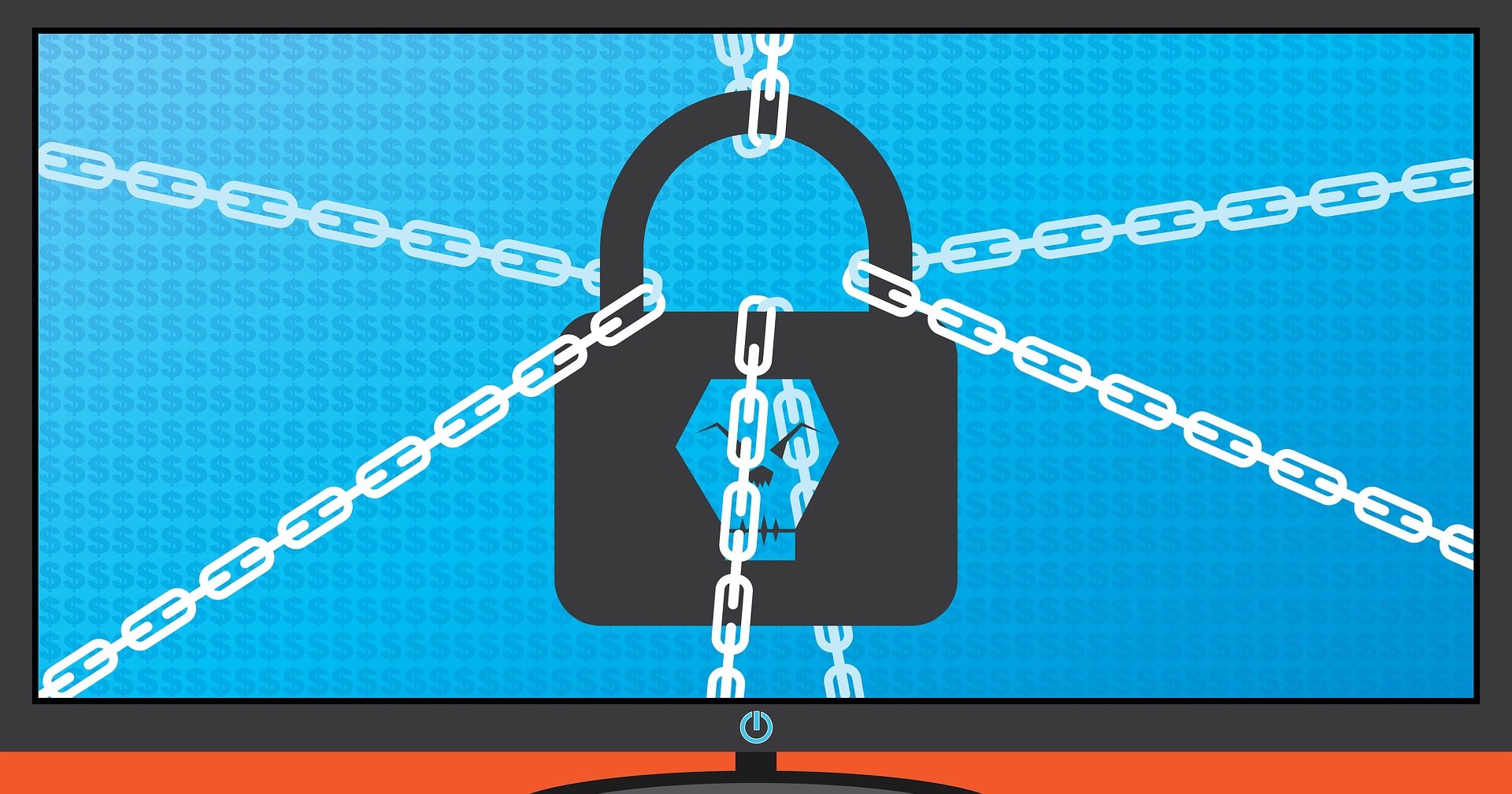Children’s online privacy has always been an important topic, but a number of recent developments around the world have many businesses taking it more seriously. In September, Google agreed to pay a record $170 million fine to the U.S. Federal Trade Commission for violating the Children’s Online Privacy Protection Act (COPPA) by illegally collecting personal information from children without parental consent and using it to profit through targeted ads. A few weeks later, China’s own version of COPPA called the “Measures on Online Protection of Children’s Personal Data,” came into force, providing further clarity on protecting children’s personal data online under China’s Cyber Security Law. On October 7, the FTC hosted a public workshop to explore whether to update COPPA, which is over 20 years old and in need of a refresh due to the emergence of new technologies. (Just think of all those smart devices, social media platforms and educational apps and technologies that were not around in 1998). Finally, the California Attorney General recently released proposed regulations to the California Consumer Protection Act, which goes into effect in January 2020, that would require a business that knowingly collects the personal information of children under the age of 13 to establish, document and comply with a reasonable method for determining that the person affirmatively authorizing the sale of the personal information about the child is the parent or guardian of that child.
Many children start using the Internet at an early age, raising privacy issues distinct from those for adults. First, children may not understand what data is being collected about them and how it is used. Second, children can easily fall victim to criminal behavior online by providing seemingly innocuous information to web users who can appropriate such information for malicious purposes. Third, children cannot give the same meaningful consent to data collection and use activities as an adult.
In the U.S., Congress passed COPPA in 1998 to protect children’s use of the Internet—particularly websites and services targeted toward children. COPPA requires website operators to provide clear and conspicuous notice of the data collection methods employed by the website, including functioning hyperlinks to the website privacy policy on every web page where personal information is collected. It also requires affirmative consent by parents prior to collection of personal information for children under the age of 13. Recognizing that teenagers between the ages of 13 and 18 are not protected under COPPA, many individual states have made efforts to address privacy issues for this age group.
Recognizing the need to update COPPA to keep up with the times, the FTC considered the following topics at the October workshop, among others:
Continue Reading What Is Happening in Children’s Online Privacy?


